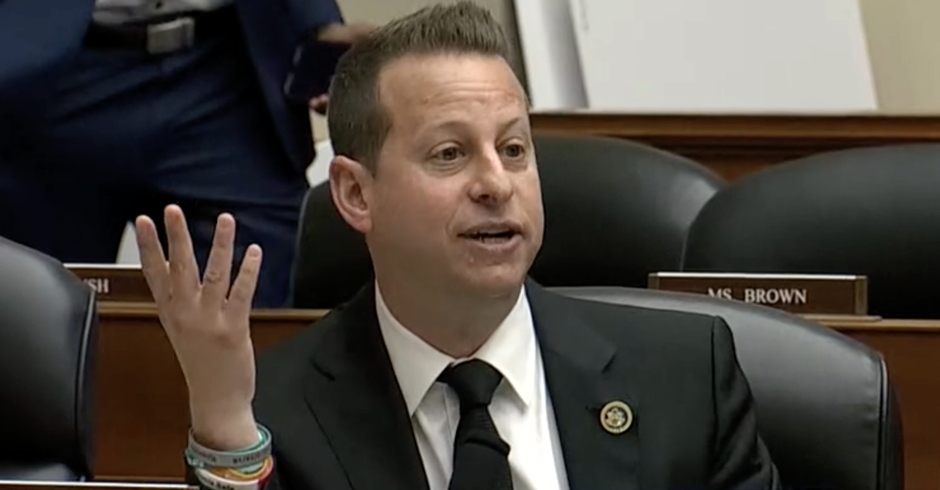LGBT Journalist: I Will Out Closeted Anti-Gay Russian Lawmakers
Russian lawmakers who are LGBT, in the closet, and vote for a proposed bill that will remove children from all LGBT parents and from all same-sex couples will be outed by a Russian LGBT journalist and activist.
Elena Kostyuchenko, (image, center,) who writes for the Russian newspaper Novaya Gazeta, took to Twitter on Thursday to announce her campaign. Offering her email address, Kostyuchenko asked for “information, correspondence, photographs… about the deputies of the State Duma concerning LGBT” activities.
This week, the head of a Russian nationalistic political party who is a Deputy minister in Russia‘s Duma — their version of the House of Representatives — filed a bill built on President Vladimir Putin‘s law banning so-called “homosexual propaganda.” Comparing homosexuality to child abuse, drug abuse, and alcoholism, State Duma Deputy Alexei Zhuravlev said he believes that so-called homosexual “propaganda†must be banned not only in the public space “but also in the family,†the AP had reported. Zhuravlev’s bill would would in essence forcibly kidnap untold thousands of children from their parents.
Kostyuchenko calls her campaign promising to out any LGBT lawmaker who votes for Zhuravlev’s bill a “nuclear bomb” that should be used only as an “extreme measure.” But, she says, “Now, it seems such a time has come.”
Â
Мы Ñобираем информацию о депутатах ГоÑдумы, отноÑÑщихÑÑ Ðº ЛГБТ, на elena_kost@inbox.ru. ПриÑылайте Ñвою информацию, перепиÑку, фотографии
— Elena Kostyuchenko (@mirrorsbreath) September 5, 2013
“Kostyuchenko noted that ‘in the event of the passage of the law to remove children after the first reading, the information about homosexual deputies of the State Duma will be published,'” a slightly modified translation of a report at Gay Russia notes:
In this case, the activist added that “immunity from outing will have only the MPs who voted against the law to remove children. Others will be disclosed. This is a warning. They want to destroy our lives, and we will destroy them.”
In the U.S., many anti-gay LGBT lawmakers have been the target of outings, based on their decisions to vote against laws promoting equality, or for anti-LGBT legislation.
The 2009 Emmy-nominated documentary Outrage, directed by Kirby Dick, accuses several then-prominent U.S. politicians of being gay, including Larry Craig, Charlie Crist, Ed Koch, Ed Schrock, and Ken Mehlman.
Schrock, a Republican, had resigned in 2004 after being exposed, allegedly soliciting sex from a male prostitute, after journalist Mike Rogers outed him. Mehlman came out of the closet the year after Outrage was released. Rogers and his work are the main focus of Outrage.
Â
Image: A May, 25, 2013 LGBT protest in Moscow. Elena Kostyuchenko, in blue dress, center, holds a gay pride flag while being arrested or detained by police. Via Facebook.

Enjoy this piece?
… then let us make a small request. The New Civil Rights Movement depends on readers like you to meet our ongoing expenses and continue producing quality progressive journalism. Three Silicon Valley giants consume 70 percent of all online advertising dollars, so we need your help to continue doing what we do.
NCRM is independent. You won’t find mainstream media bias here. From unflinching coverage of religious extremism, to spotlighting efforts to roll back our rights, NCRM continues to speak truth to power. America needs independent voices like NCRM to be sure no one is forgotten.
Every reader contribution, whatever the amount, makes a tremendous difference. Help ensure NCRM remains independent long into the future. Support progressive journalism with a one-time contribution to NCRM, or click here to become a subscriber. Thank you. Click here to donate by check.
 |






















